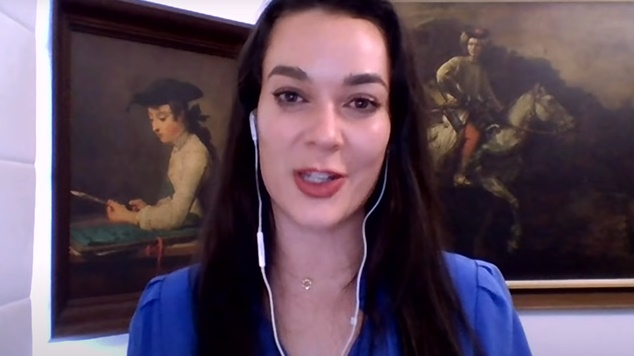
Indonesia has just approved a long debated new penal code and a provision which has sex and co-habitation outside of marriage illegal has caused alarm.
As soon as the new laws were announced there was immediately concern that western tourists in popular destinations such as Bali may suddenly find themselves unable to book a holiday without showing a marriage certificate.
People found guilty of pre-marital sex could face a year in prison or a fine of 10 million rupiah, those guilty of cohabitation would face six months in jail or a fine of 10 million rupiah.
Bali’s tourism chief Tjokorda Bagus Pemayun reacted quickly saying that foreigners should not be deterred from visiting the island, because the law will require the complaint to be made by a close relative and was unlikely to affect foreigners.
“Don’t worry because based on our discussions with the various hotel and tourism associations, hotels won’t be asking for marital status (documentation),” he told Chanel News Asia. “When people arrive at a hotel, they arrive for leisure. They will be treated just like now.”
Human Rights advocates however have warned that the new laws will likely be used to target the countries LGBTIQA+ population, especially by parents who do not accept that their offspring is gay.
Researcher Andreas Harsono from Human Rights Watch said the law would be used to force LGBT people into heterosexual relationships.
“This law provides an avenue for extortion, for … parents with LGBT children (who) want them to be so-called normal. They can use this in revenge or to raise their anger against their own children,” he said.
“This is the danger of this law, it is toxic. If you have problems, then this is a mechanism to bring a very private matter into the public domain,” Harsono told CNA’s Asia Now.
Harsono also highlighted that the law could not be enforced uniformly across the country.
“It is impossible to enforce this law broadly. There are millions of Indonesian couples who live together without legal marriage certificates. The authorities and police cannot arrest (all of them),”
On the Human Rights Watch site Harsono shared his wider concern about how many provisions of the new penal code would be used to silence the media and political opponents.
“Indonesia’s new criminal code contains oppressive and vague provisions that open the door to invasions of privacy and selective enforcement that will enable the police to extort bribes, lawmakers to harass political opponents, and officials to jail ordinary bloggers.
“In one fell swoop, Indonesia’s human rights situation has taken a drastic turn for the worse, with potentially millions of people in Indonesia subject to criminal prosecution under this deeply flawed law.”
Homosexuality has never been illegal in Indonesia, except in the Islamic province Aceh. A raft of other laws however can often be used to target LGBT people. Gay couples have previously been charged with creating pornography for taking non-pornographic images of themselves, or for being caught in compromising positions by neighbours.
LGBT activists in Indonesia have raised their concerns about the new laws, saying there is no doubt they will be used to make LGBT people’s lives harder.
“It’s another nail in the coffin at the moment. A big nail,” Dede Oetomo, an activist with the LGBTQ rights group GAYa NUSANTARA, told AFP. “Before the new criminal code, it was already bad. People can be searched even in their private residences. Although it was not systematic, but it can happen.”
Liz Storer says people just need to respect Indonesia laws
Sky News contributor Liz Storer takes a different view on the new Indonesia laws, saying people need to stop thinking that the west has a monopoly on what is right.
“As we’ve seen in Qatar the west needs to understand that they are not the arbiters of truth – everything that they believe cannot be imposed. There are other countries, there are other counties, if you don’t like it don’t go there, but they deserve to be respected.” Storer said during an appearance on The Kenny Report.
The conservative commentator said the proposed Indonesian laws reminded her of consent laws recently introduced in Australia.
“It reminded me of a lot of the consent laws that are very in vogue at the moment with each of the states, who are racing each other to get their own version across the line. At the end of the day, you’d have absolutely no way of proving these things. It’s a ‘he said – she said’ case.
When regular opponent columnist Justin Smith balked at Storers comparison, she insisted there were parallels between the Australian and Indonesian laws.
“No, it is!” Storer insisted. “How are you going to prove that? ‘Oh, I consented’, ‘She consented’ ‘No I didn’t’ I just ends up being a ‘he said – she said’. You can’t prove an extramarital affair, or pre-marital sex.”
“Are you familiar with Indonesian justice?” host Chris Kenny asked looking bewildered.
OIP Staff
You can support our work by subscribing to our Patreon
or contributing to our GoFundMe campaign.







